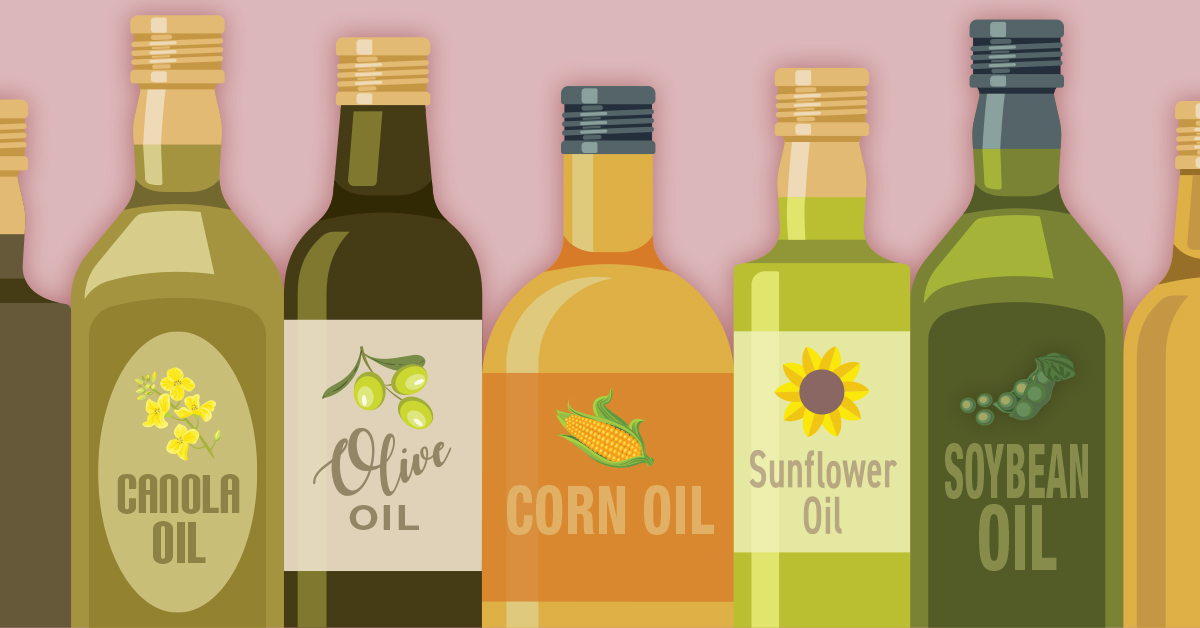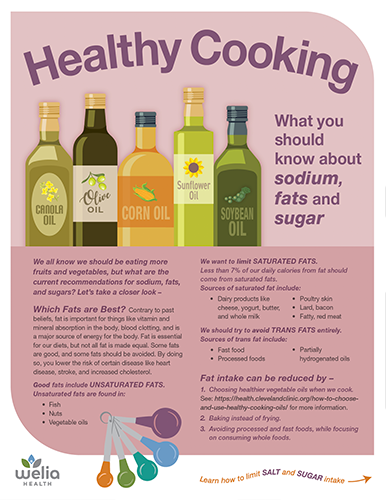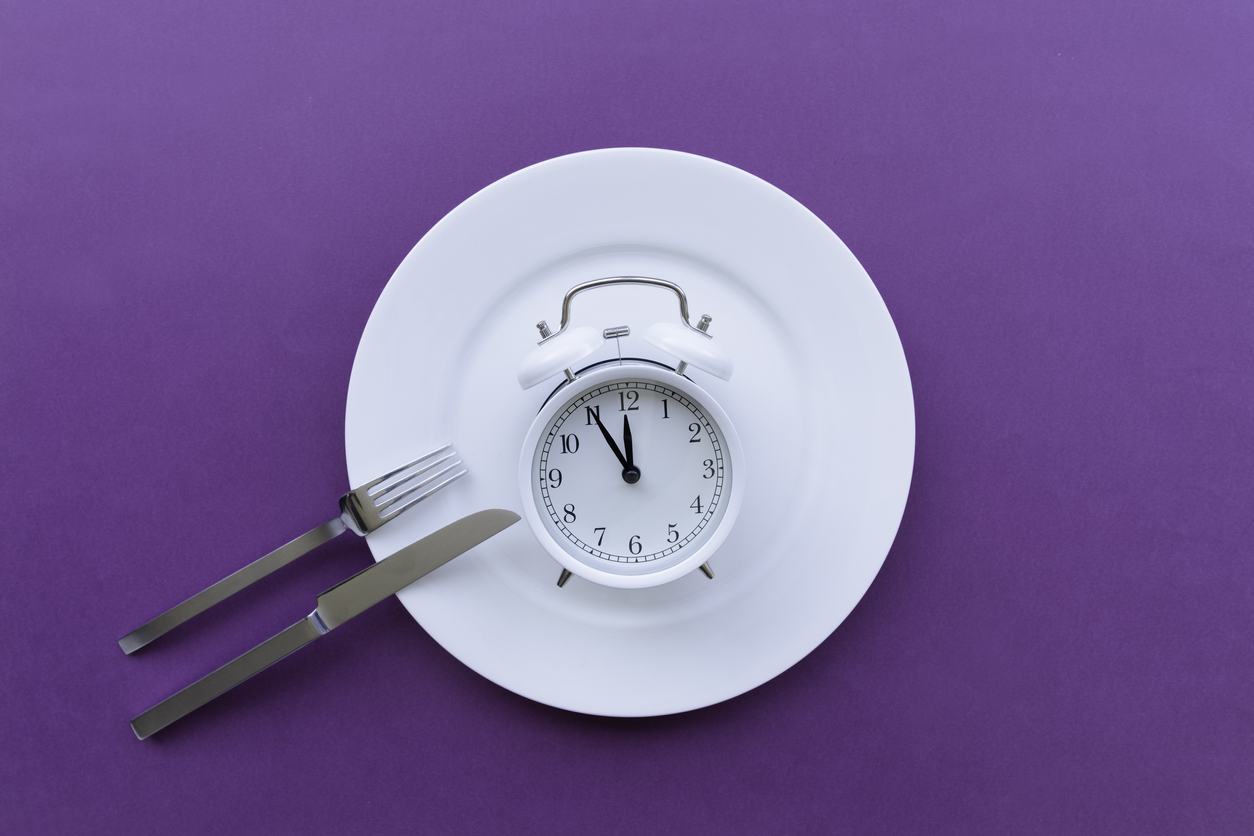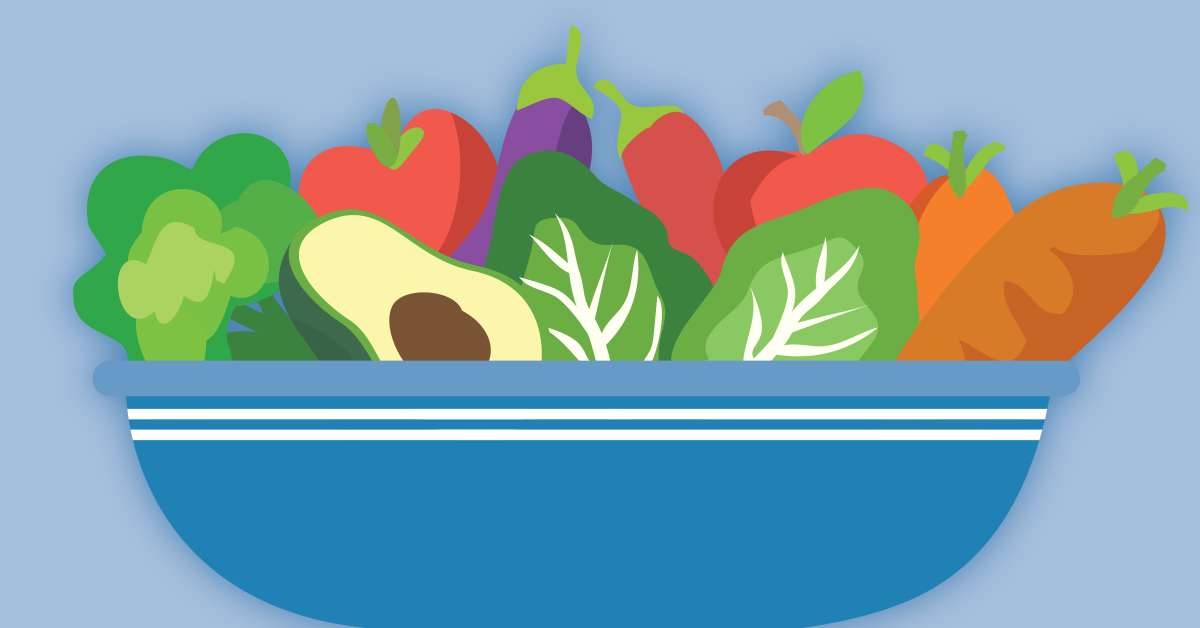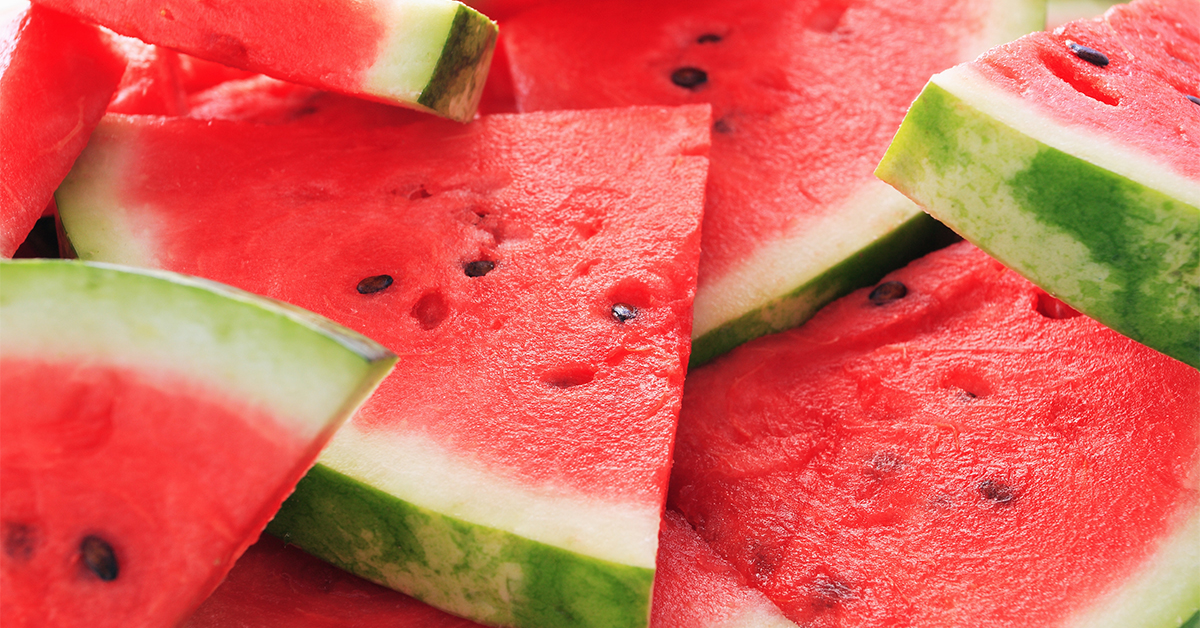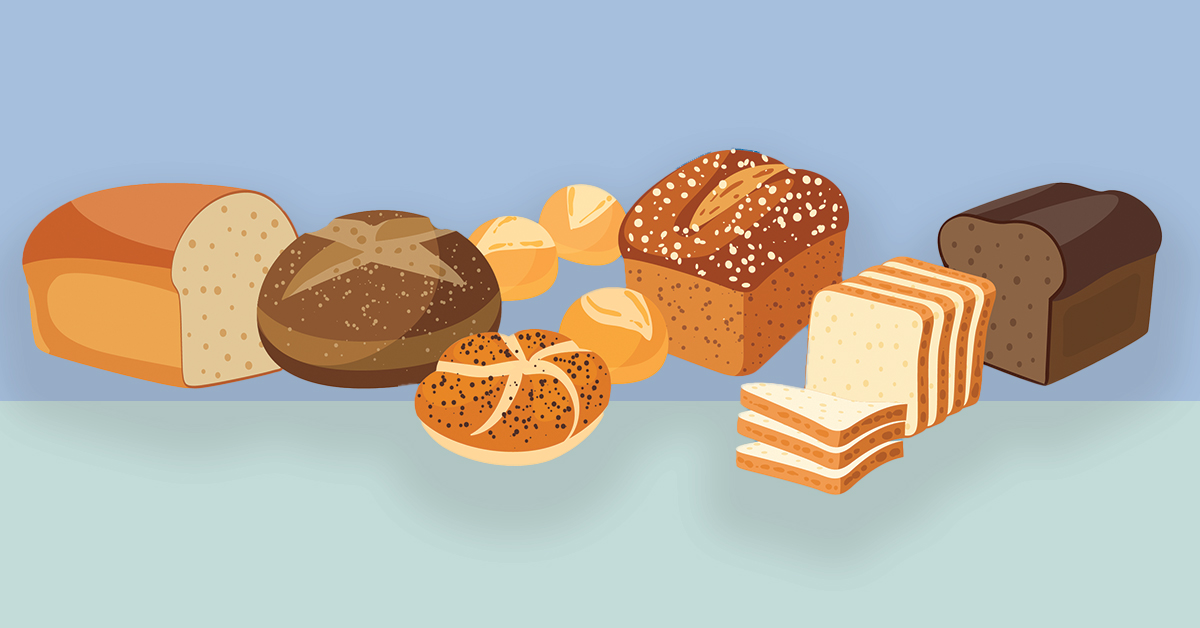What you should know about sodium, fats and sugar
We all know we should be eating more fruits and vegetables, but what are the current recommendations for sodium, fats, and sugars? Let’s take a closer look –
Which fats are best?
Contrary to past beliefs, fat is important for things like vitamin and mineral absorption in the body, blood clotting, and is a major source of energy for the body. Fat is essential for our diets, but not all fat is made equal. Some fats are good, and some fats should be avoided. By doing so, you lower the risk of certain diseases like heart disease, stroke, and increased cholesterol.
Good fats include UNSATURATED FATS
Unsaturated fats are found in:
- Fish
- Nuts
- Vegetable oils
We want to limit SATURATED FATS
Less than 7% of our daily calories from fat should come from saturated fats.
Sources of saturated fat include:
- Dairy products like cheese, yogurt, butter, and whole milk
- Poultry skin
- Lard, bacon
- Fatty, red meat
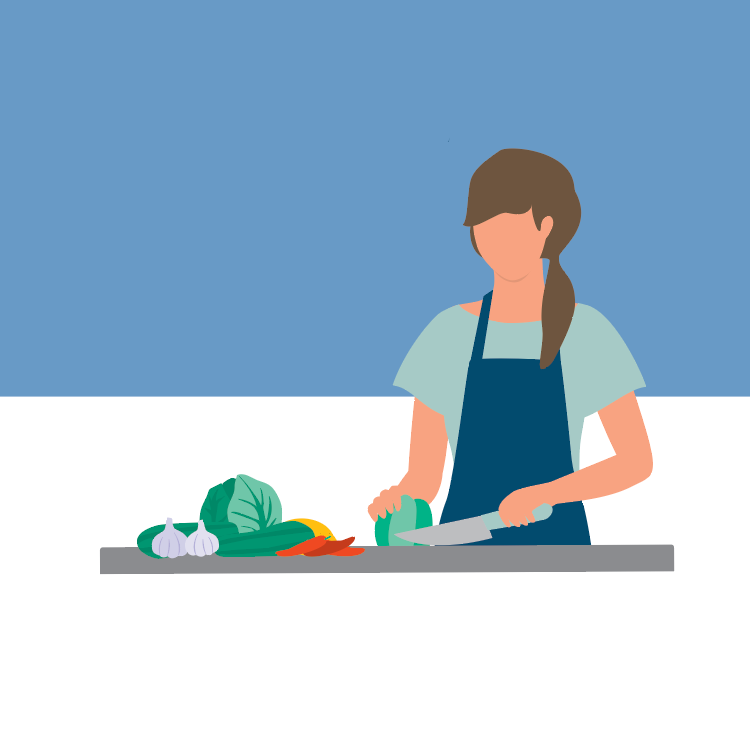
We should try to avoid TRANS FATS entirely
Sources of trans fat include:
- Fast food
- Processed foods
- Partially hydrogenated oils
Fat intake can be reduced by:
- Choosing healthier vegetable oils when we cook. See How to Choose and Use Healthy Cooking Oils from the Cleveland Clinic for more information.
- Baking instead of frying.
- Avoiding processed and fast foods, while focusing on consuming whole foods.
Learn how to limit salt and sugar intake
Limit sugar intake
Sugar seems to be to in everything we eat today and can even be hidden in the ingredients using alternative names. According to the American Heart Association, Americans are consuming two to three times more sugar than recommended in the 2020-2025 Dietary Guidelines. Excess sugar intake is associated with an increased risk of diabetes, obesity, and hypertriglyceridemia or a high level of a certain type of fat (triglycerides) in the blood.
The guidelines recommend that women consume no more than 100 calories (six teaspoons or 25 grams) of added sugar a day. For men, it’s no more than 150 calories (nine teaspoons or 36 grams). Use the following list to help identify added sugars in your food and drink.
Alternative names for added sugars:
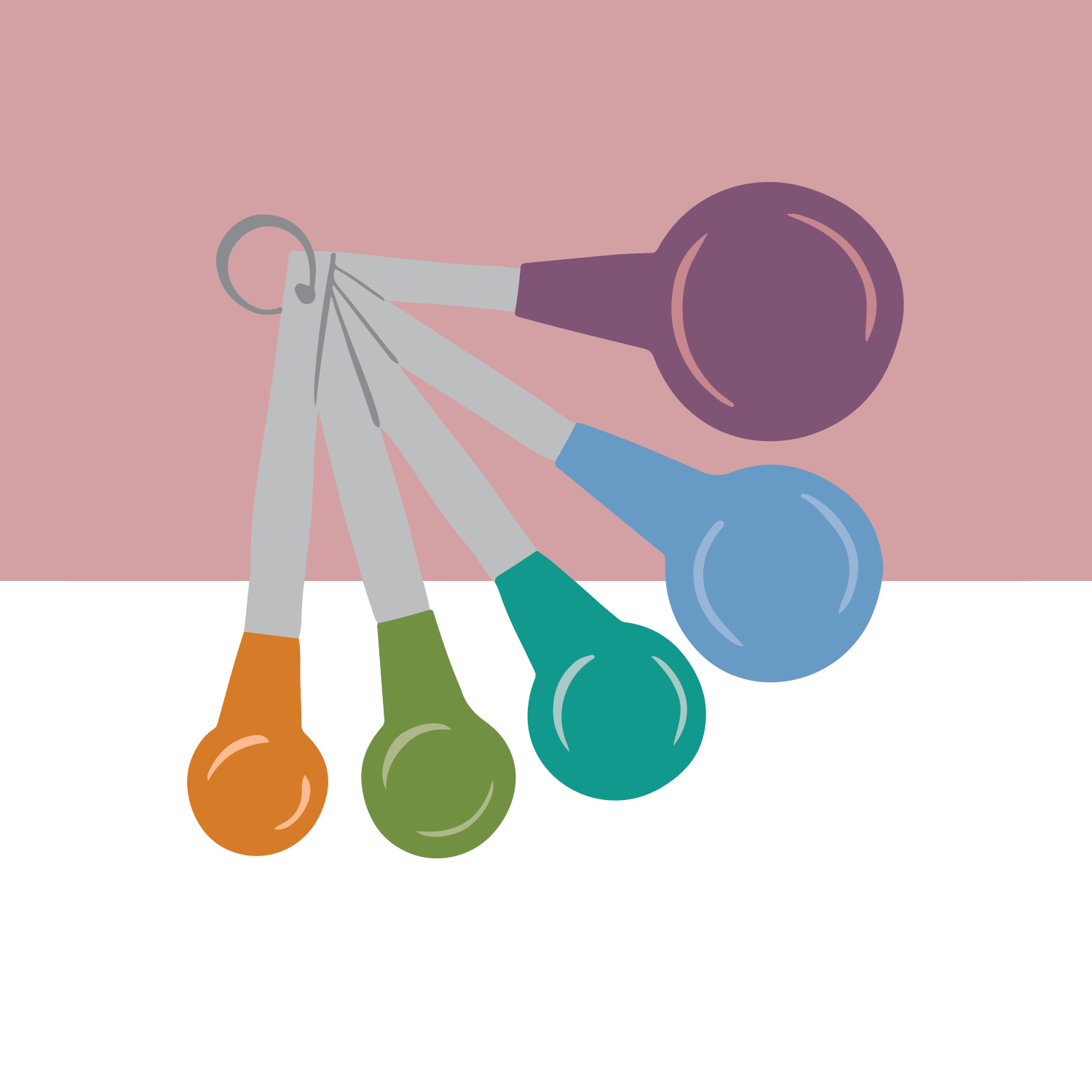
- Anhydrous dextrose
- Brown sugar
- Confectioner’s powdered sugar
- Corn syrup
- Corn syrup solids
- Dextrose
- Fructose
- High-fructose corn syrup
- Honey
- Invert sugar
- Lactose
- Malt syrup
- Maltose
- Maple syrup
- Molasses
- Nectars (peach nectar, pear nectar)
- Pancake syrup
- Raw sugar
- Sucrose
- White granulated sugar
You can reduce your consumption by:
- Reading food labels and consuming food and drinks with limited to no added sugar. Make sure to check the ingredients list for hidden sugars.
- Eating fresh fruits and raw vegetables as snacks instead of sugary snacks
- Drinking water instead of soda
Limit salt intake
Many people are often unaware of how much salt (sodium) they are consuming. Sodium is essential in our diet, but we want to avoid added sodium. You should aim to stay under 5g of sodium (equivalent to 5 teaspoons) per day. According to the World Health Organization (WHO), many people consume an average of 9-12g per day. Processed foods are often to blame for excessive salt intake.
You can reduce your consumption by:
- Adding flavor with antioxidant-rich herbs and spices such as oregano, cinnamon, mint, thyme, and black pepper instead of salt.
- Limiting the consumption of salty snacks.
- Checking food labels and choosing products with lower sodium content.
- Consuming fresh fruits and vegetables to increase potassium, which can mitigate the negative effects of elevated sodium consumption on blood pressure.
Did you know…
The Dietary Guidelines for America also recommends that children under the age of 2 years not consume foods containing any added salt or sugar.
To learn more about nutritional needs and considerations for yourself and your family, schedule an appointment with one of Welia Health’s Registered Dietitians. Call 320.679.1313 or schedule online through MyChart. Please note that a referral from your provider is required.
Get cooking!
3 important things to remember:
- Not all fats are bad for us – know the difference
- Read food labels to manage salt and sugar intake
- Registered Dietitians at Welia Health can help


